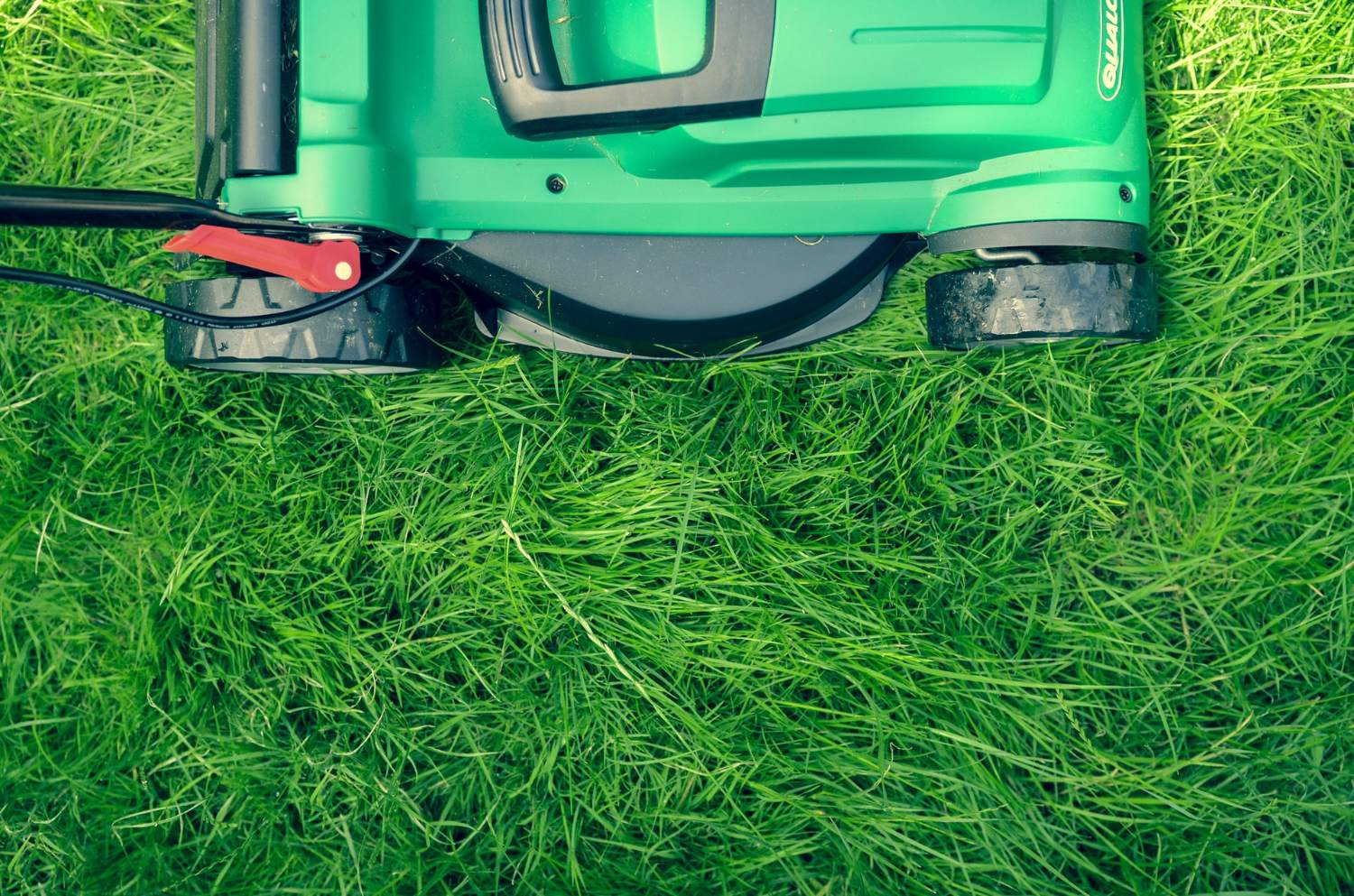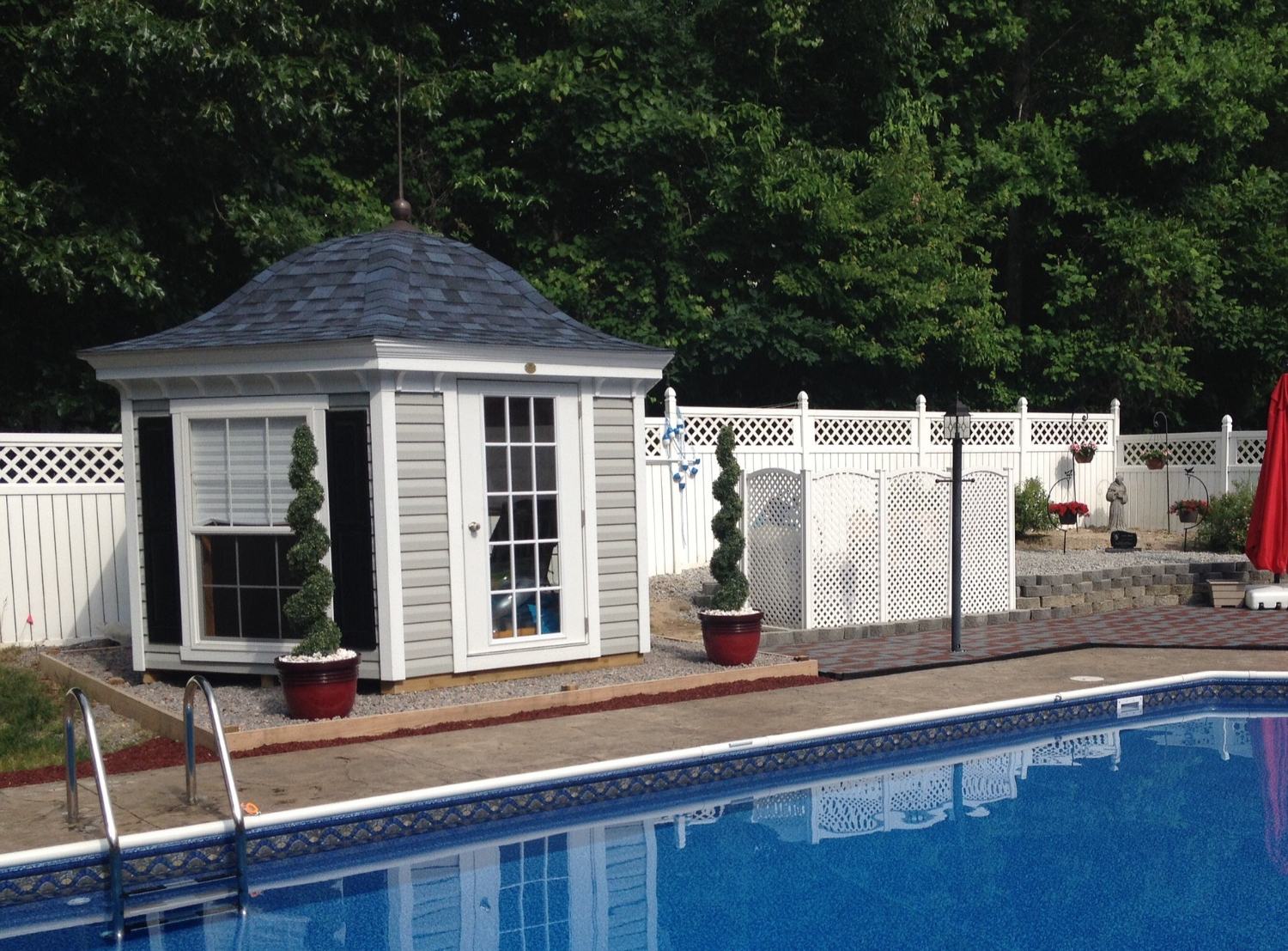It’s finally summer in the Lower Mainland! You’re most likely spending more time outdoors in your yard or on the patio—gardening, mowing the lawn, and even swimming in your pool, if you’re lucky.

Inside, as the temperatures get higher, you might draw more electricity as the heater turns off and the air conditioning units turn on.
And if you’re like most people, you could run into some summer electrical issues.
Compromised outlets, blown fuses, and tripped circuit breakers are all common occurrences in the summer, as people plug high-powered electrical devices into outlets and circuits that haven’t been used since the previous summer.
In this blog, you’ll learn about three electrical safety tips at home, and why fixing them will make your summer that much better.
1. Check Your Circuit Before Installing Air Conditioning in Your Bedroom
With temperatures regularly pushing into the low-30’s during the day and cooling only to the high 20’s at night, it’s entirely reasonable to want air conditioning installed in your bedroom.

However, improper installation can lead to blown circuits.
Newer houses have arc fault circuit interrupters installed (AFCI), which are put in to prevent electrical fires. When an AC is plugged into one of those circuits, it’s very likely that the high electrical draw will trip the AFCI and the air conditioner won’t turn on.
The reason for this is that air conditioners are designed to be run on their own circuits.
So if you want to install an air conditioner in your bedroom (or any other room), and aren’t sure whether the circuit you’d be installing it on is being used by other appliances, call a professional to come take a look.
If the circuit is already in use, the best way to proceed is to have a circuit put in specifically for the air conditioning system. Again, something a professional electrician can help with.
2. Stay Safe by Inspecting Your Outdoor Outlets Before First Use
Last summer, your outdoor outlet might’ve worked perfectly. That doesn’t mean the same will be true this year.
Electrical safety devices can be damaged in the intervening seasons, your outdoor outlet may become compromised by rain, snow, wind, and cold temperatures.

Before you plug anything into your outdoor outlet, make sure the cover is still securely intact and that the ground fault circuit interrupter (GFCI) is working properly by pushing the test button in the middle of the outlet.
If it’s working properly, you should hear a snap sound. This means that the outlet has been tripped and power has been cut off. You can test this by plugging a low-voltage device into the outlet. If the GFCI is working properly, the device should not turn on.
In the event that either the cover has been compromised or the GFCI is not working, you should call an experienced electrician to come take a look at the outlet.
It’s important that you don’t use that outlet until a professional has inspected it. At best, you’ll blow a fuse. And at worst, you could start an electrical fire.
3. Keep Your Electrical Devices Away from Pools and Hot Tubs

If your backyard has a pool or hot tub, or you’re looking at getting one installed, keep in mind that your outdoor electrical appliances should be stored in a separate part of your backyard.
To comply with the electrical code, pools and hot tubs must be installed a minimum distance from outlets and lights. The code applies in reverse: and newly purchased lights or outlets must also be installed a minimum distance from any pools or hot tubs.
Any electrical equipment such as leaf blowers or lawn mowers should be stored in a weatherproof enclosure, keeping them safe from water damage.
Key Takeaways
A lot happens in a year. An outlet that may have worked last summer may no longer be safe to use now.
Fortunately, if you know what you’re looking for and how to properly test for any issues, these problems can be caught and fixed with minimal inconvenience to your summer plans.
Electrical safety at home is important. Fortunately, all of these electrical issues can be tested without calling an electrician. However, once a problem has been identified, it’s important to get a professional in to properly survey the situation and make sound suggestions.
With over 20 years of experience, our electricians have seen it all. We know what to look for and how to fix any electrical problems within your home or in your yard.
